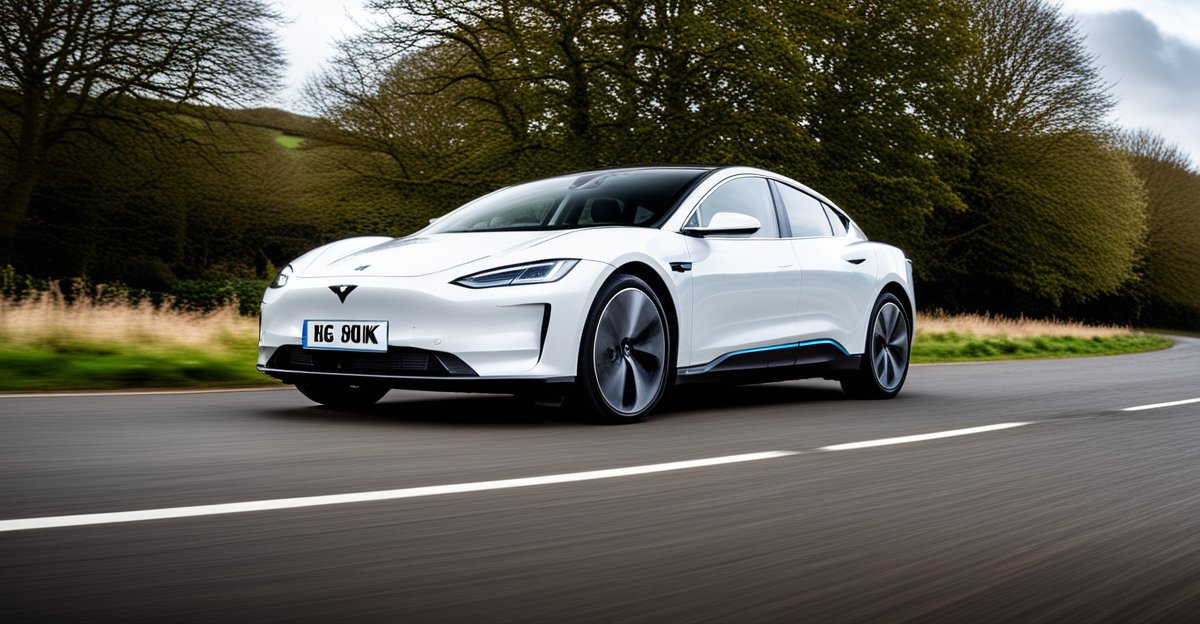Transformative Changes in UK Automotive Manufacturing
The UK’s automotive sector is undergoing a significant transformation driven by the shift from traditional internal combustion engine vehicles to electric vehicle manufacturing UK. This transition is reshaping car production trends as factories update their assembly lines to accommodate EV components, which require different assembly techniques and technologies. Notably, substantial investments are being made in UK-based EV factories and facilities, with manufacturers focusing on creating specialized production hubs dedicated to electric vehicles.
Automotive innovation is at the heart of this evolution. New technologies such as advanced robotics, artificial intelligence, and automation are increasingly integrated into manufacturing processes. These innovations improve efficiency and precision, while reducing human error and operational costs. Moreover, the shift is not only about the vehicles themselves but also involves reconfiguring supply chains to handle unique materials like lithium-ion batteries.
Have you seen this : How Does the UK’s Automotive Industry Influence Environmental Policies?
This transformation in car production trends highlights the growing importance of electric vehicles for the UK’s automotive industry, marking a clear move toward sustainability and global competitiveness. The integration of automation and cutting-edge technology ensures the UK remains at the forefront of automotive innovation while adapting to the demands of a low-carbon future.
Economic Impact and Evolving Job Prospects
The rise of electric vehicle jobs UK exemplifies a significant shift in automotive industry employment. As electric vehicle manufacturing UK scales up, new roles emerge, ranging from battery specialists to software engineers focused on vehicle systems. Traditional jobs in combustion engine assembly are declining, yet the demand for reskilling is high, requiring workforce retraining programs to bridge skill gaps effectively.
In parallel : Innovation Trends in the UK’s Automotive Sector: What’s on the Horizon?
The economic impact of EVs extends beyond direct manufacturing. Supply chains for internal combustion engines are contracting, while those supporting electric components, such as battery pack production and electric drivetrains, expand. This shift influences numerous parts manufacturers and logistics providers across the UK, creating both challenges and opportunities in adapting to changing demands.
Government action plays a pivotal role by offering incentives for electric vehicle jobs UK and backing initiatives designed to smooth this transition. Programs targeting workforce development in emerging EV sectors foster sustainable employment growth. Consequently, while the automotive industry employment landscape is evolving, proactive strategies ensure that UK workers benefit from the transition to cleaner vehicle technologies.
Development of Charging Infrastructure and Supply Chains
The growth of EV charging stations UK is vital to supporting widespread electric vehicle manufacturing UK and consumer adoption. Rapid expansion of both public and private charging networks is addressing range anxiety, a key barrier to EV uptake. Installed chargers now span urban centers, motorway service areas, and residential zones, ensuring convenient access to power for electric cars. This infrastructure upgrade is essential to align with rising car production trends focusing on electric models.
Simultaneously, the electric car supply chain in the UK is evolving to meet demand for battery components and rare materials. Increased domestic battery production UK capabilities enhance supply security and reduce reliance on imports. This shift strengthens the national industry and promotes sustainability by localizing production steps.
However, challenges remain, including securing sustainable raw materials and managing logistics efficiently. The supply chain must address these while balancing cost and environmental concerns. Overall, the development of charging infrastructure alongside a robust supply chain is critical to sustaining the UK’s momentum in electric vehicle manufacturing UK and enabling accessible EV ownership. This dual growth supports broader automotive innovation and market transformation towards clean mobility.
Transformative Changes in UK Automotive Manufacturing
The transition to electric vehicle manufacturing UK has reshaped car production trends significantly. Traditional internal combustion engine assembly lines are being revamped or replaced entirely to accommodate the specific needs of EVs. This shift involves substantial investment in UK-based EV factories and facilities, where the focus is on producing electric drivetrains, battery packs, and other specialized components necessary for modern electric cars.
A key driver behind these changes is automotive innovation. Factories now integrate advanced automation, robotics, and AI to enhance precision and efficiency. Such technologies streamline assembly processes and improve quality control, essential for producing complex EV components reliably. These innovations not only reduce production costs but also speed up manufacturing cycles, enabling the UK to stay competitive globally.
Moreover, adapting to EV production requires new expertise in battery technologies and electric powertrains. UK manufacturers are keenly developing these capabilities to ensure seamless integration of EV technology into existing supply chains. Collectively, these transformative changes prepare the UK automotive industry for a future dominated by electric vehicles, aligning manufacturing approaches with evolving market demands and sustainability goals.
Transformative Changes in UK Automotive Manufacturing
The shift from internal combustion engines to electric vehicle manufacturing UK marks a fundamental change in car production trends. Traditional assembly lines are being replaced or extensively modified to handle electric drivetrains and battery packs, reflecting a major industry pivot. This transformation demands significant investment in UK-based EV factories and facilities, enabling specialized production environments tailored for electric vehicles.
A central aspect driving these changes is automotive innovation. Manufacturers are adopting cutting-edge automation, robotics, and artificial intelligence to optimize production efficiency and quality. These technologies reduce errors and speed up complex assembly processes vital for electric vehicles, lowering manufacturing costs while improving output consistency.
Moreover, integrating these innovations requires upskilling the workforce and redesigning supply chains to support advanced EV components. The focus on scalable, tech-driven production facilities positions the UK to meet growing demand for electric vehicles while maintaining competitive advantages in the global automotive market. This ongoing evolution illustrates how car production trends are aligning with sustainability objectives and technological progress through robust electric vehicle manufacturing UK initiatives.
Transformative Changes in UK Automotive Manufacturing
The shift from internal combustion engine to electric vehicle manufacturing UK is a defining feature of recent car production trends. This transition demands not only retooling traditional assembly lines but also a fundamental redesign of production processes to accommodate electric drivetrains and battery systems. Substantial investment in UK-based EV factories and facilities underpins this change, allowing manufacturers to create specialized environments optimized for electric vehicle assembly.
Integral to this transformation is the infusion of automotive innovation. Advanced technologies, such as robotics, automation, and artificial intelligence, are embedded into manufacturing workflows to enhance precision and efficiency. This integration reduces operational costs and production times while achieving higher quality outcomes essential for complex EV components.
Moreover, adapting to these innovations requires new skills and expertise within UK automotive plants, fostering an environment where continuous improvement aligns with evolving market demands. Together, these developments position the UK industry to lead in electric vehicle manufacturing UK, reflecting both a responsive approach to technological progress and a commitment to sustainable car production trends.


